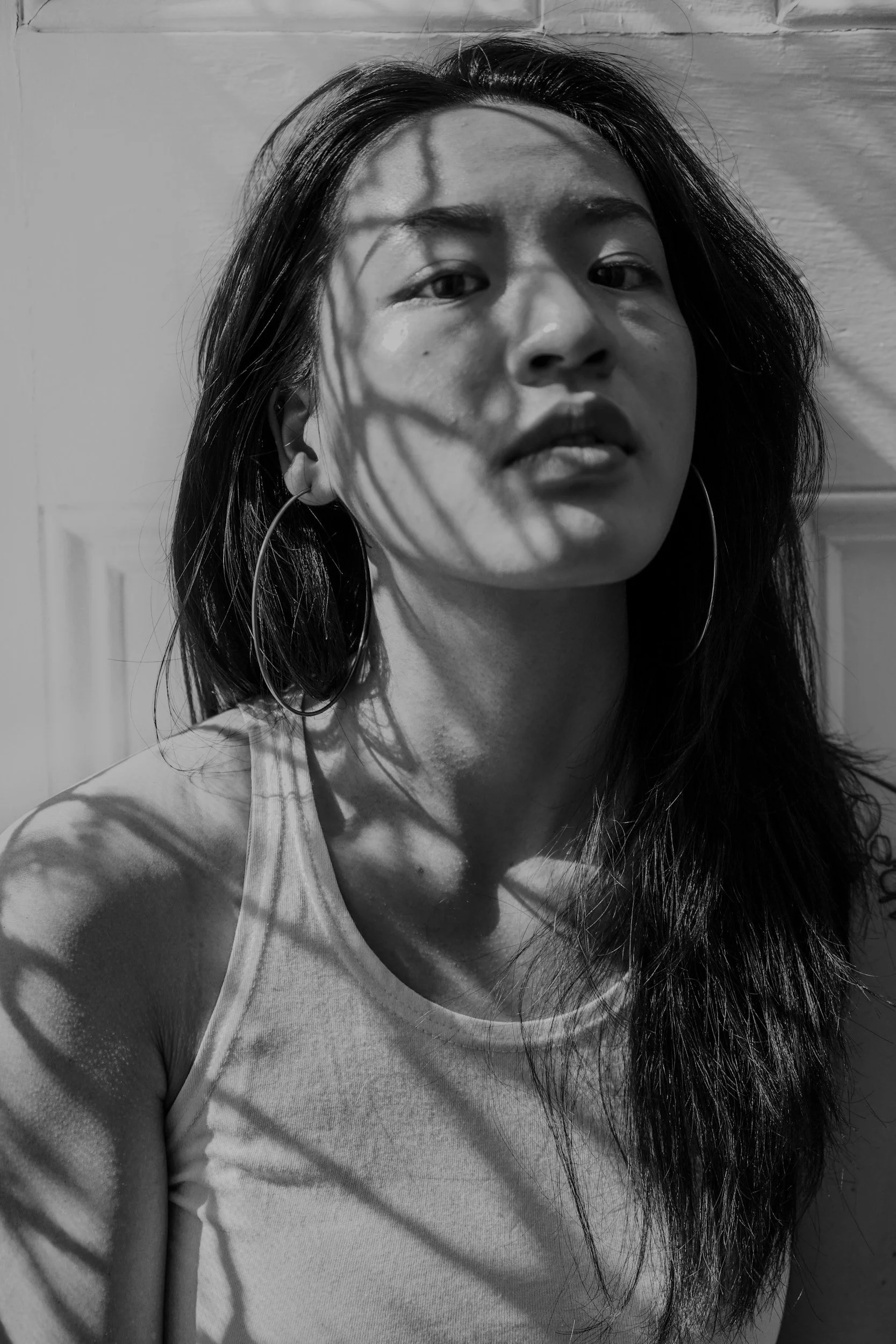When You Are Confused For the Other Asian Person: You Deserve To Be Known
It happened again. A mother of one of my kid’s classmates walked over to me and said, “My kids love you!” I’m taken aback, because I don’t really know any of her kids, except the one that is in the same class as my son. “Oh, why? How do they know me?” I ask, with some enthusiasm but confusion. She continues in further detail, and I realize now that she has mistaken me for the one Korean American teacher at the school—a dear friend and fellow mother that I love and deeply respect, but someone I am not.
This mother is the same one who has been to my home for my son’s birthday party. The person I greet at school sometimes while we wait for our kids to come out at the end of the school day. As soon as I realize it, I feel that weird pause. You probably know it.
I wonder to myself, Should I bother saying something? My kid is about to walk outside. I don’t want to have to hold space for her embarrassment.
That quick scan in their eyes as they realized I wasn’t who they thought I was.
That awkward chuckle. That “oh wait—you’re not” moment.
Then the polite recovery. The change of subject.
And me, left standing there half-smiling, half-swallowing that familiar frustration.
If you’re Asian American, chances are, you’ve experienced this too.
At school pick-up. At work. In church. In community spaces where we’re present—but maybe still not fully seen.
The Interchangeability We Learn to Carry
It’s wild how early we learn to accept being mistaken for someone else.
In classrooms, in after-school programs, in dorms…we’re used to being grouped together. Assumed to be siblings. Expected to answer to a different name.
And while part of us might brush it off, there’s another part that aches.
Because what gets taken in those moments isn’t just a name. It’s uniqueness.
It’s you—your story, your presence, and your individuality flattened into something vague and general.
We know it’s not always malicious. But that doesn’t mean it’s harmless.
We Don't Talk About It Enough
This stuff can be hard to name—even with other Asians.
We might tell the story like a joke. “You won’t believe who I got mistaken for today.”
We might laugh. Shrug. Say “it’s fine. It’s not a big deal.”
But underneath, there’s a question that lingers:
Why does this keep happening?
Why do they still not know who I am?
Why is there this nagging sense of feeling invisible in this quiet way?
It’s exhausting.
To feel like you have to keep reintroducing yourself.
To be distinct, and yet still invisible.
To show up fully and still get blurred into the backdrop.
Let’s Be Honest—It Happens Within Our Communities Too
And if we’re really being honest, sometimes we do it to each other too.
Korean, Chinese, Taiwanese, Vietnamese, Filipino, Japanese—we sometimes collapse one another into vague categories.
We get lazy with names. We forget who’s who.
We unconsciously absorb the same tendencies we resent from others.
So maybe this is an invitation—to all of us.
To slow down.
To see each other more fully.
To hold space for the people around us with more care.
We Deserve to Be Known
Not just for our degrees, or our parenting styles, or our jobs.
But for the full humanity we carry.
The complexity in our faces.
The nuance in our stories.
The specificity of who we are.
So the next time it happens, I hope we can find space to feel what we feel. To name it. Maybe even talk about it with someone who gets it.
Because you are not just another “Asian face.”
You are you.
And you deserve to be known.
About the Author
Hatty J. Lee, LMFT #53772 (she/her) is an Asian American marriage and family therapist, Brainspotting practitioner, and founder of Oak and Stone Therapy. With over 15 years of experience in community mental health, schools, and private practice, she specializes in Asian American mental health and understands the nuances of how our relationship with money, first-generation wealth, and intergenerational wealth impact our mental health. Hatty provides therapy at the Los Angeles office, Pasadena office, and virtually throughout California and Seoul, South Korea. You can learn more about her insights on her Instagram and her book The Indwell Guide, a visual storytelling and mental health guide that offers practical tools to support healing and self-discovery.


